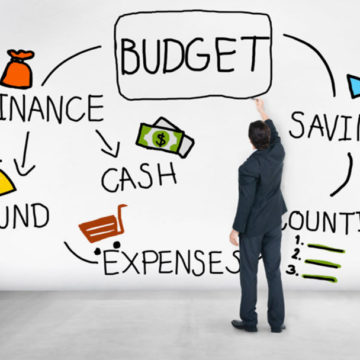WEW 101: Financial Literacy – Middle School (2023-2024)

About Course
INSTRUCTORS
 |
 |
 |
 |
|---|---|---|---|
| Alphonso Pearson Community Engagement Manager JP Morgan Chase & Co |
Dionne Waldron- McNeal Vice President Fulton Bank |
Staci Griffin Associate Community Outreach Officer Fulton Bank |
Jimmie Jones II Vice President Community Development Manager Truist Bank |
Program Start and End Date:11/15/2023 – 1/17/2024 — Meeting Time: 5-6PM
- Session 1: 9/20/2023
- Session 2: 9/27/2023
- Session 3: 10/4/2023
- Session 4: 10/11/2023
- Session 5: 10/18/2023
- Session 6: 10/25/2023
- Session 7: 11/1/2023
- Session 8: 11/8/2023
Classes will begin on September 10th, and students will engage in an 8 week series on Financial Literacy that targets Maryland State Standards for Financial literacy and aims to get students excited about their personal finances and developing an early healthy relationship with money. Through this program, students will learn and understand the basic principles of financial literacy. In addition, students will learn about money management, how to create a budget that works, managing their money with a spending plan, investing, saving for emergencies, credit, why finance matters, and much more. Students will also develop experiential knowledge through the practical exercises they will engage in.
Research shows that without strategic financial literacy and entrepreneurship education of this population, economic development is impaired, marginalized and perpetuates income and economic disparity of this population. As a socially conscious community-based nonprofit organization with a serious focus on entrepreneurship education for the next generation from low and moderate income schools/communities, it is imperative that teaching the students the power and importance of financial literacy be a major component of entrepreneurship education. This unit initiates their early economic development mindset crucial for entrepreneurship education.
Middle School Course Outline
Middle school students will gain an understanding of money, and the way that it works in our society. They will discuss and engage with concepts such as budgeting, credit, and investment. Students will also learn about the connections between education, career paths, and income. Throughout this course, students will have the opportunity to research careers they are interested in, develop financial plans for their careers, and open savings accounts through WETATi Academy business partners. These courses will be taught by industry leaders from Fulton Bank, Truist Bank, and JP Morgan Chase Bank.
Zoom Access
To be announced prior to start of course.
Course Content
Financial Literacy and Money Management
-
Session 1: What is money? Why do finances matter?
23:31 -
Financial Literacy Session 1 Microfocus Assignment
-
Session 2: What is a budget? How do you make a budget?
22:17 -
Financial Literacy Session 2 Microfocus Assignment
-
Session 3: What is the difference between spending and saving? What is credit? What are investments?
44:37 -
Assignment for Middle and High School Financial Literacy
-
Session 4: How do I preserve wealth? How do I keep my finances safe?
40:04 -
Financial Literacy Session 4 Microfocus Assignment
-
Session 5: What are good money habits? How can I make good financial decisions?
16:30 -
Financial Literacy Session 5 Microfocus Assignment
-
Session 6: What career paths make the most money? How do I find out how much income potential a career path has?
27:27 -
Financial Literacy Session 6 Microfocus Assignment
-
Session 7: What is my income potential?
22:29 -
Financial Literacy Session 7 Microfocus Assignment
-
Session 8: What can I do now that supports my future?
14:29 -
Financial Literacy Session 8 Microfocus Assignment
Student Ratings & Reviews


